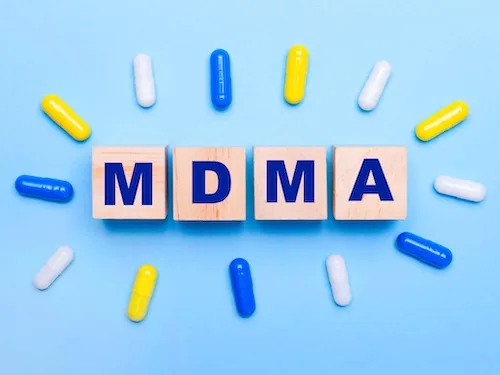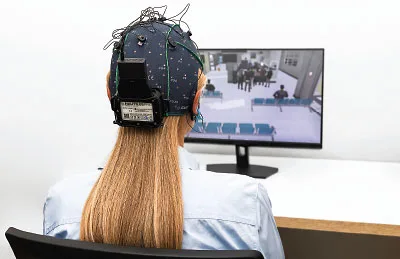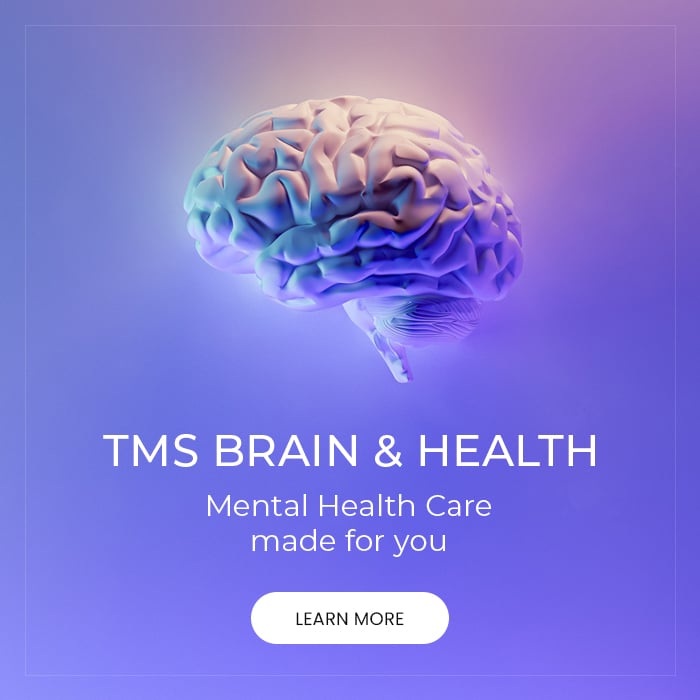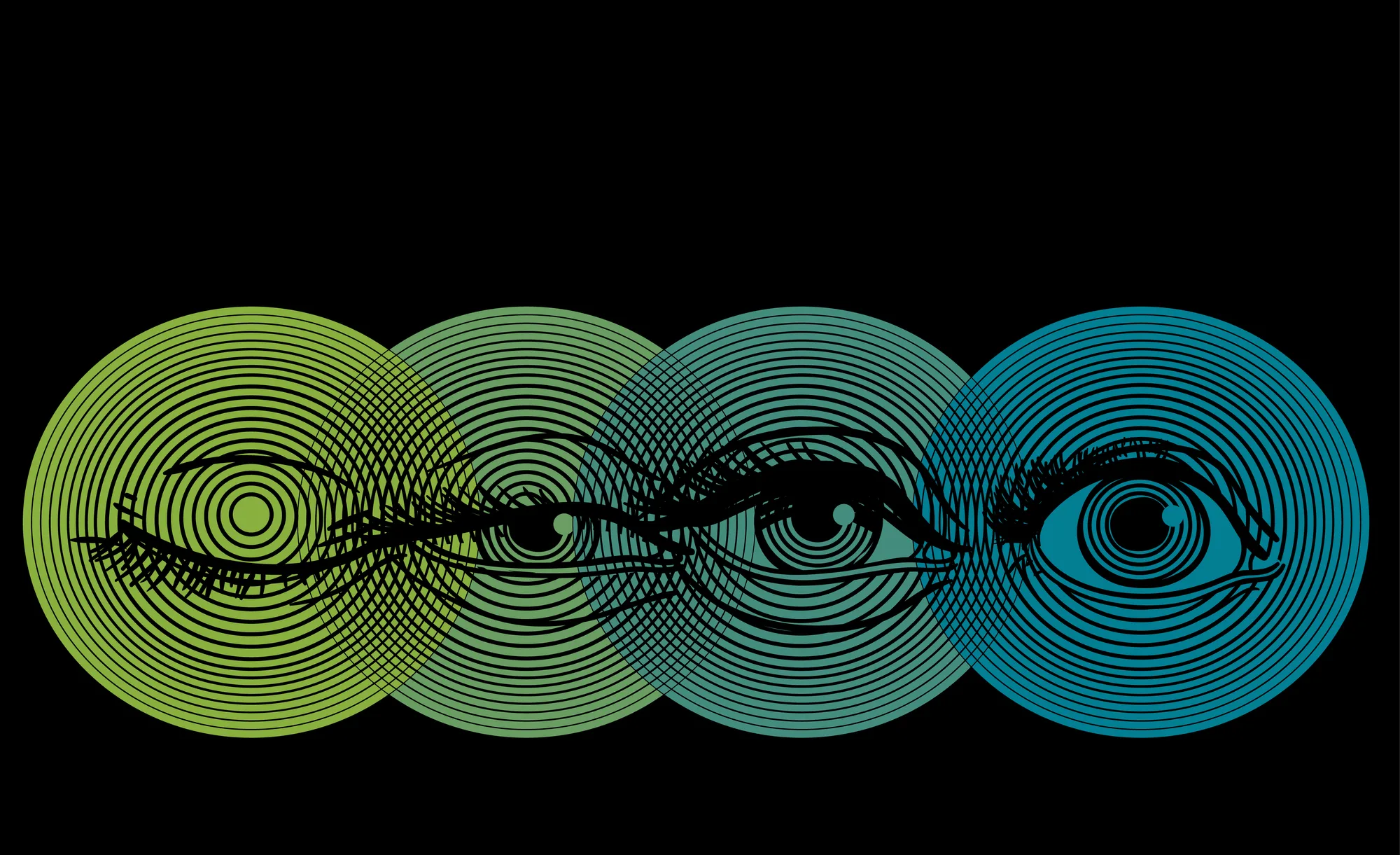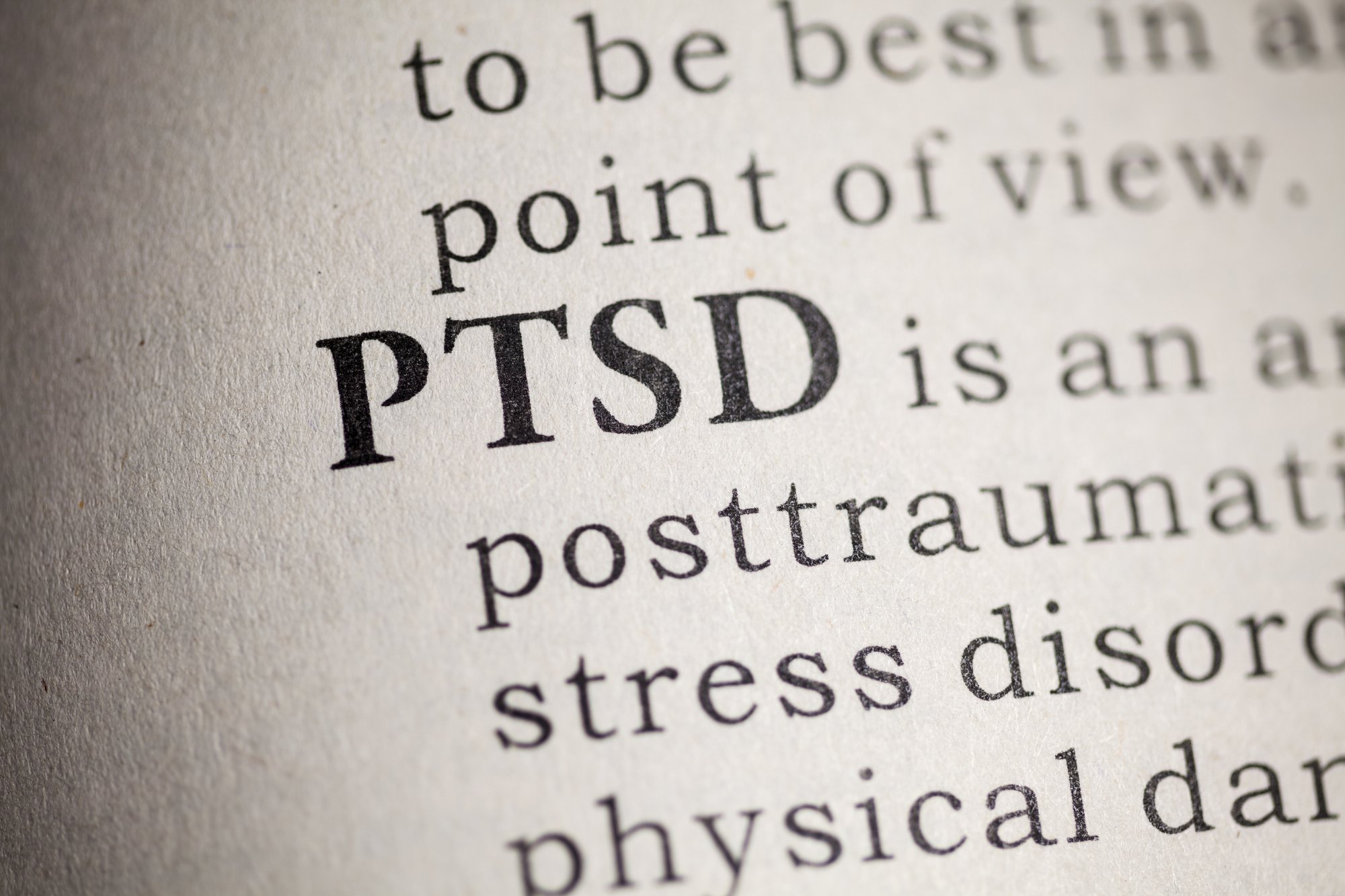By Tracie White
Geuris “Jerry” Rivas, a native of New York, was diagnosed with severe obsessive-compulsive disorder when he was 15. Obsessions with organizing and reorganizing the belongings in his bedroom — posters, comic books, videos — took over most of his life.
Forced by germ obsessions to compulsively wash and rewash his hands, he started wearing gloves all day to both protect him from the germs and stop him from washing his hands raw. Now, at 36, OCD symptoms continue to cost him jobs and relationships. He’s managed to turn his organizational skills into a profession — he’s a home organizer and house cleaner — but still he struggles daily with his obsessions.
“It’s caused me a great deal of suffering,” Rivas says. “I’ve tried many, many medications. I’ve wasted so much of my life.”
In 2012, running out of answers, Rivas took part in the first clinical trial to test ketamine as a treatment for OCD. While ketamine is approved by the U.S. Food and Drug Administration as an anesthetic, it is also an illicit party drug known as “Special K,” with hallucinogenic effects and the potential for abuse. Over the past 10 years, dozens of small studies of ketamine’s ability to treat a variety of mood and anxiety disorders have reported remarkable results — including the sudden alleviation of treatment-resistant depression, bipolar disorder and post-traumatic stress disorder. And these effects lasted days, sometimes weeks, after the hallucinogenic effects of the drug wore off.
With a single infusion of the drug, Rivas experienced for two weeks what it was like to live without the compulsions and obsessions that had for years controlled his life.
“I felt like, for the first time, I was able to function like a regular person,” he says.
Pros and cons
Ketamine has brought hope to a psychiatric field desperate to find new treatments for severe OCD, a chronic condition marked by debilitating obsessions and repetitive behaviors. Current treatments, which include antidepressants such as Prozac, can take months to have any effect on the disease, if they work at all.
“Severe OCD takes such a toll on patients,” says Carolyn Rodriguez, MD, PhD, who as a researcher at Columbia University ran the OCD trial. Now an assistant professor of psychiatry and behavioral sciences at Stanford, she has continued to explore the pros and cons of using ketamine to treat OCD. “The constant, intrusive thoughts that something is contaminated, the checking and rechecking, the repetitive behaviors. It interferes with your life, your jobs, your relationships.”
Read complete article here.


